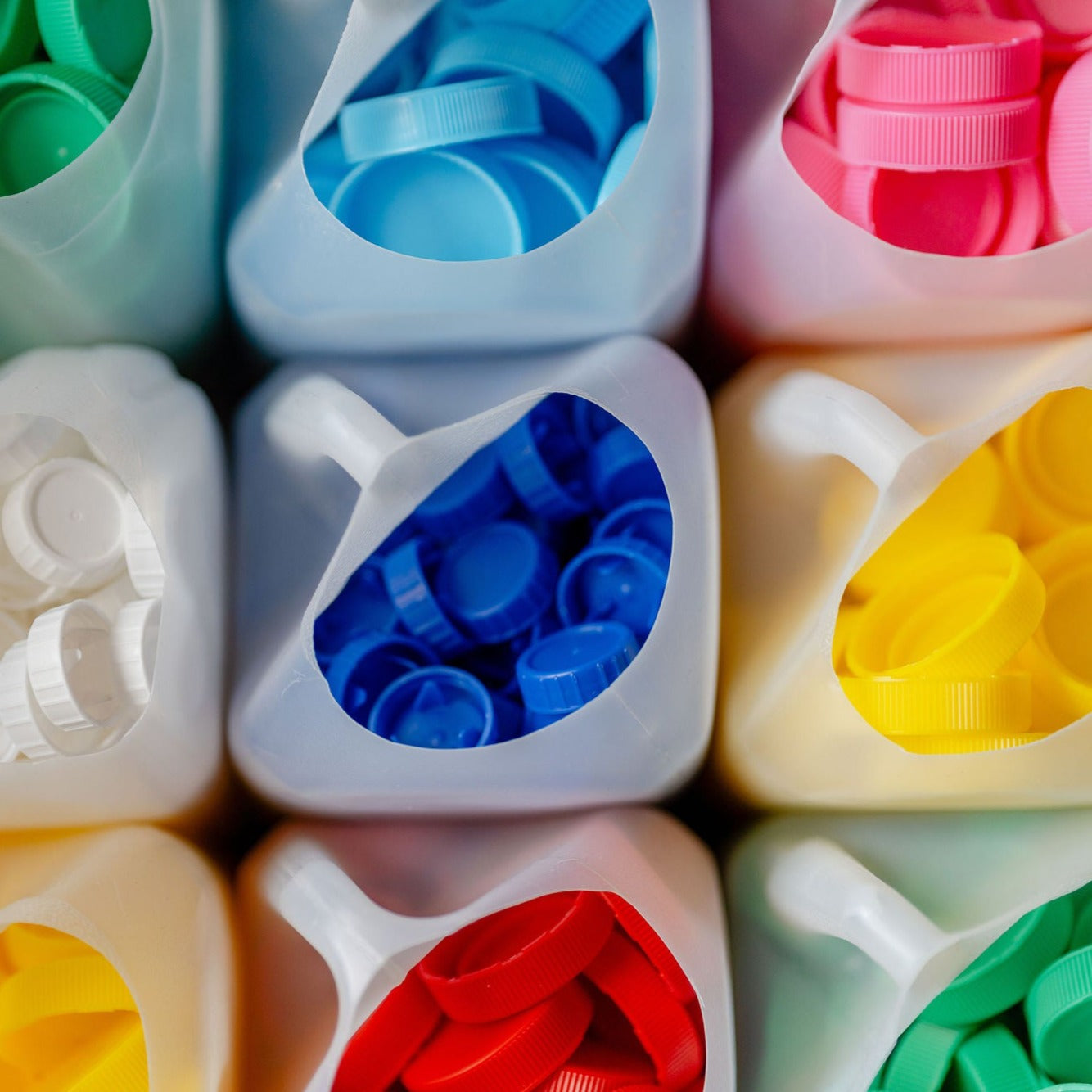
Seabins – the invention set to revolutionise mariners around the world

By Sherron Dalziel
"If we have rubbish bins on land, why not at sea?"
That's the question two Aussie lads with a passion for the ocean contemplated over a cold beer a few years back in Western Australia.
So Andrew Turton and Pete Ceglinski, both originally from Byron Bay, came up with the idea for Seabins and quit their jobs to make it happen.
A world first product, the Seabin works on the same principle as a pool skimmer box. It's a bucket shaped container that is fixed to floating decks and pontoons in bodies of water with a calm but tidal environment i.e marinas, docks and yacht clubs. Strategically placed so wind and currents can push debris directly to the Seabin.
It has multiple submersible pumps and a catch bag that can hold up to 1.5kgs of rubbish, oil, fuel and detergent. The Seabins are plugged in and powered directly from a 110/220V outlet. Water is sucked into the bin then pumped out with the waste contained in the catch bag. Ideally the bags are emptied twice a day.
In one year one Seabin is capable of collecting 1/2 a tonne of plastic with a bag capacity of 20kgs. They should be positioned upstream so they catch floating rubbish, oil fuel and detergents. Even microplastics up to 2mm small can be captured before they head out to sea.
Andrew, a boat builder and Pete, an industrial designer turned boat builder, are both keen surfers and have witnessed the shocking state of our oceans first hand in their travels. It took four years and many prototypes but in 2015 they launched a crowd funding campaign for Seabins. The response from around the world was overwhelming and $260,000 USD was raised in three months with a further 1,300 emails a day requesting to order bins.
"We've now been approached by just about all of the big marinas around the world," said Ceglinski.
They are now being launched in Australia in Melbourne and Sydney, with environmental groups getting on board to collect, gather and process data as to the real state of our waterways.
Data gathered from individual locations will provide invaluable information as to targeting specific problem areas. "That's the way we're going to fix the oceans plastics crisis", said Mr Ceglinski.
Each Seabin is capable of catching:
90,000 plastic bags
35,700 disposable cups
16,500 plastic bottles
166,500 plastic straws, cutlery and plates
Frighteningly only 30% of rubbish and waste floats so that means the other 70% sinks and is much more difficult to reach. So, the faster these little guys are spread around the world the better. "The solution isn't Seabins however it's education and raising awareness" explained the creators. And to that end educational programs are being set up in local areas to get children involved and understand the consequence of our actions first hand and lead the change.
Andrew and Pete have set up headquarters in Mallorca, a one hour’s flight away from some 2000 marinas and have international environmental companies on board. The design is constantly evolving with plans to solar power the units and ideally have them made from recycled materials, the very rubbish they have so cleverly collected.
In an ideal world and hopefully in the future, inventions such as these may not be necessary. But, while we continue on the path of overconsumption and waste mismanagement, every little Seabin helps.
Listen to Lottie's chat with Pete Ceglinski on Sustainability Further now.

